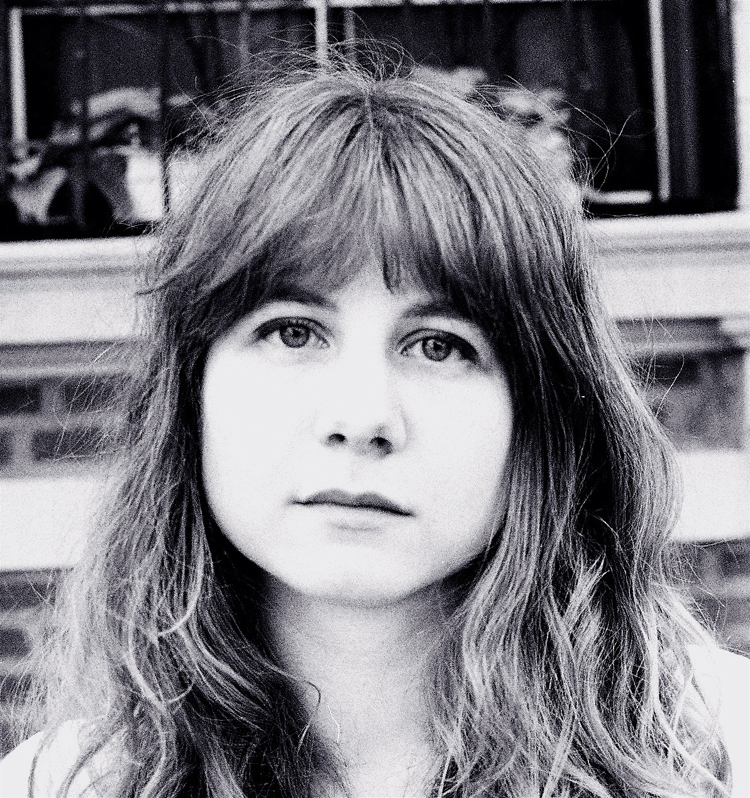In our previous installments of Art and Autobiography, we’ve focused on people who have used the raw material of their lives in an unobscured fashion, whether through diaries or performance. In this installment, we meet an author whose approach is quite different. While Annie Baker’s award-winning plays (Circle Mirror Transformation, The Aliens) often seem so real an audience may assume they are based on her life, Baker says she cares more about emotional truth than “how-things-really-happened truth.” We conducted an email interview over the past month to explore these layers and how they appear in her work.
Adam Baran: How is your summer going and what are you doing?
Annie Baker: My summer has been pretty okay. A lot of traveling outside of NYC. I was in Florida, then Boston, then New Hampshire, then the Berkshires, then Maine, then the White Mountains, then the Berkshires again. I spent all of July and most of June away from the city.
How is your broken foot?
Oh, man, it still kind of sucks. The broken bone is healed, but the tendon is still really inflamed and I’m still not allowed to run or jump on my foot. Or dance. That’s the hardest part. No dancing.
I know that was a pretty traumatic experience for you. But did it give you any ideas for any of your upcoming writing?
Zero ideas.
How do your real life experiences play into the stories you tell and shape the characters you create?
My real life experiences play a huge role in the stories I tell. I wouldn’t know how to do it any other way. I make a lot of stuff up, but my inspiration comes directly from the people I’ve met in my life and the things I’ve witnessed.
What draws you to or repels you from using your own life experiences in your writing?
Well, I always steal stuff from my life, i.e. the people I met and my own dark impulses, but there’s never like an “Annie” character who represents me. That would gross me out.
Do you feel an obligation to hold yourself some kind of truthful theatrical ideal when you are writing about yourself and your life, or is it necessary to obfuscate with a little smoke and mirrors?
Hmm, neither, because there’s never a Me character and nothing is ever directly lifted straight from my life. Truth is important, but I’m thinking of emotional truth, not how-things-really-happened truth.
Is drawing from romantic experience difficult? Necessary for a writer?
Yeah, you know, I’ve never really done that except in tiny little fleeting moments in my plays. That’s an area where I lack any kind of critical perspective. Although if by difficult you mean painful, I always try be in some kind of pain while I’m writing. That’s the only way it comes out OK.
Do you view experiences or people from your life differently after they’ve inspired a piece of writing?
No, because, again, nothing is ever directly lifted from real life and put into the play. My characters are inspired by people I’ve met, but usually like five people go into every character.
Your work can simultaneously have darkness, warmness and humor. How much is your style influenced by your autobiography?
A lot, I guess. I was a depressed little kid. A lot of people came in and out of my life and I was pretty lonely and weird and I read a lot of books. Also, my parents have each been married three times so I have a pretty cynical perspective when it comes to marriage and long-term monogamy. And yet! And yet—I have always gotten a big kick out of the universe. I have no other way to describe it. I think pretty much everything that has ever happened to me is kind of hilarious and beautiful. I think pretty much everyone I meet is hilarious and beautiful. So there you go.
Your plays Body Awareness, The Aliens and Circle Mirror Transformation all take place in quiet, off the beaten track places with people who do not necessarily display their most highly dramatic moments/selves onstage during the course of the play. What is it about these settings and people, and this mode of writing that interests you?
I really don’t know how to answer this question. I guess I try to either avoid cliché or rush headlong into it. I’m not sure if that’s relevant at all to the question you asked…uh…I really don’t know. I guess when I start writing a play I try to think about what I’ve never seen onstage before and go towards that.
Tell me about the play you’re writing next and how that came out of your own experience?
Yeah, I’m writing a play about ushers in a movie theater. It came out of my own experience in that I get a big kick out watching people clean a movie theater after the movie is over. I’ve also interviewed a lot of people who have worked in movie theaters and there’s some pretty good stuff. I was also OBSESSED with movies when I was a kid and I’m interested in writing about erotic movie love.
Do you have a favorite autobiographical or personal work of fiction?
Pnin by Vladimir Nabokov.
Thank you.





Facebook Comments